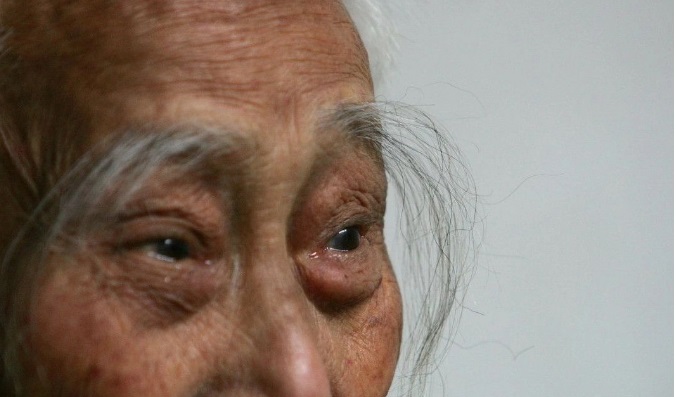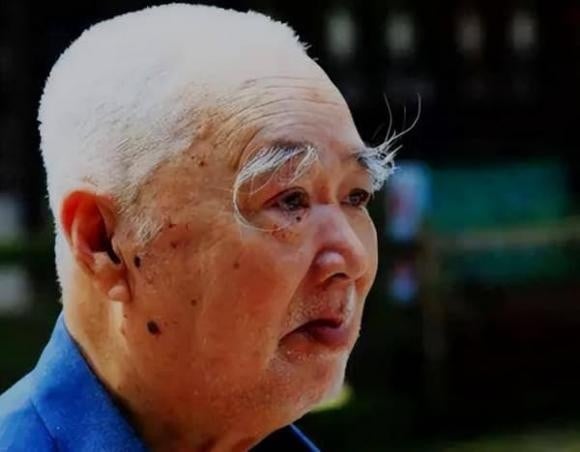Long and thick eyebrows have been a symbol of longevity since ancient times. Even in old portraits, the eyebrows of long-lived people were drawn very long. Nowadays, many men want to have thick eyebrows because it will make the facial features look sharper and more masculine. In fact, thick eyebrows can also be a sign of the body’s longevity.

What does it mean when a man’s eyebrows suddenly grow longer after the age of 50?
The sudden lengthening of eyebrows in men over 50 can be a sign of various issues. Firstly, it may reflect changes in hormone levels, as testosterone decreases with age, resulting in eyebrow growth. This is part of the natural aging process, indicating that men are entering the andropause stage.
In addition, the lengthening of eyebrows can also be a warning sign of health issues, as some chronic conditions such as diabetes, high blood pressure, and heart disease may occur simultaneously. Therefore, when unusual eyebrow growth is noticed, men should pay attention to their health and undergo necessary medical checks.
This change can also imply a psychological and social transformation in men as they age, as they increasingly focus on their internal world and emotional experiences. At the same time, the lengthening of eyebrows also makes them more concerned about their outward appearance, affecting social relationships and communication.

What does it mean when eyebrows turn white?
Similar to hair, the color of eyebrows depends on melanin produced by melanin cells in the hair follicles. When these cells stop producing melanin, eyebrows gradually become lighter in color and eventually turn white.
Genetics also play a significant role, as some individuals have unique genes that result in lighter or even white eyebrows from birth.
With age, the metabolic process slows down, and the number of melanin cells in the hair follicles decreases, causing eyebrows to turn white. This is also why we often see older people with white eyebrows.
In addition, certain illnesses and medications can also cause eyebrows to turn white, such as vitiligo or certain types of cancer treatment drugs.







































